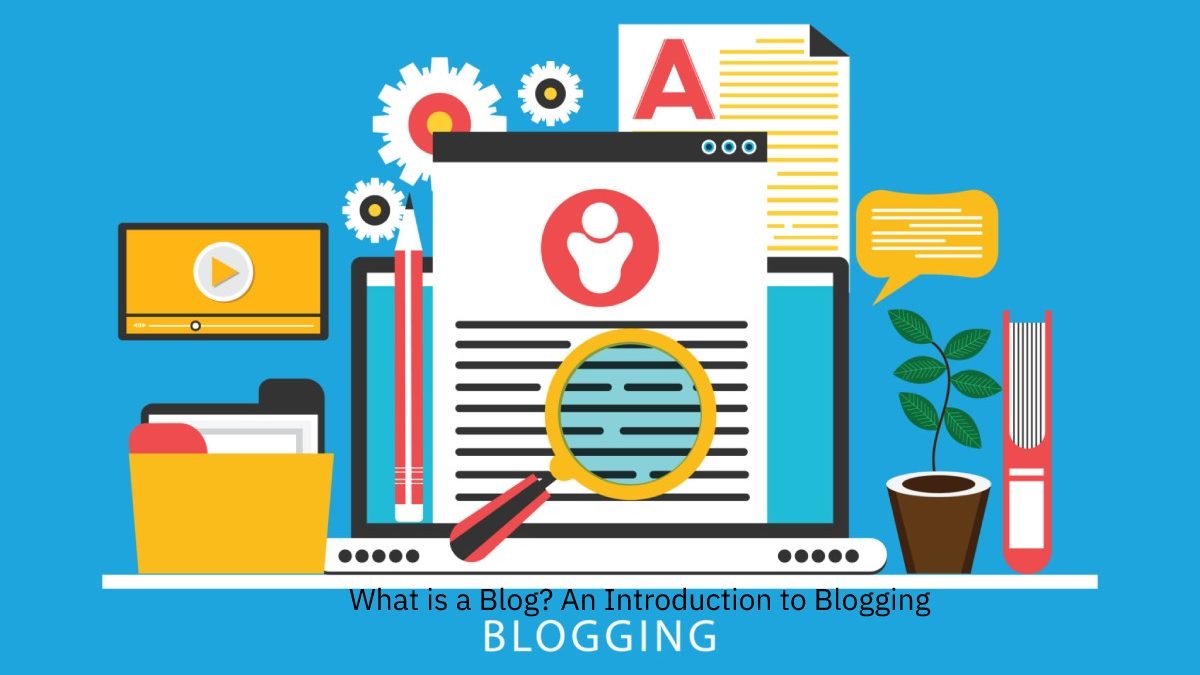Although they were initially seen as a way to share stories with Internet users, in recent years, blogs have become one of the most profitable online marketing strategies for companies worldwide. So what is a blog, and how is it different from a regular website? We will answer these questions by looking at its definition, the most common types, and what you need to know to start a blog.
Table of Contents
What is a Blog Post?
A blog is a website or part of a site that contains regularly updated content on one or more topics. The term is short for “weblog,” which means logging information on a website.
The content of a blog is usually in the form of articles on individual web pages called blog posts. This article is an example of input.
On the blog’s home page, you can find a collection of these entries presented in reverse chronological order, from newest to oldest. Holsinger’s Tutorials page is an excellent example of this.
What is a Blog for?
When blogs first emerged, people used them primarily to share personal information, such as their experiences and interests. For example, the coiner of the term weblog, Jon Barger, used to post essays on Internet culture and technology trends on his Robot Wisdom website.
The function of a blog remains the same until today, although the type of content is much more diverse. While many start a blog for personal reasons, others do so to educate others on a specific topic or to build a professional online presence.
For example, editorial consultant Jane Friedman blogs about the business of writing. Although her goal is to help aspiring writers land contracts, the blog also portrays her as an industry leader.
Many organizations and businesses use blogs as a marketing channel, and your content tends to focus on information from your industry that may interest your target market. In this case, a team of several writers often runs the blog instead of a single administrator.
The Differences Between a Blog and a Website
In this section, we will discuss what a blog is and how it differs from a typical website.
A blog presents new content periodically, while a web page provides static information about a person, a group or a topic.
Let’s use the Reeds company website as an example.
The main content consists of pages that inform visitors about the company’s writing and editing services. This information can remain unchanged for a long time unless it needs to be updated.
Meanwhile, the blog section adds new entries every few days to educate readers about writing and publishing books. The blog is usually updated more frequently than the company website.
Also, blog posts often have a comment section where a line of communication between readers and the author can create. This element is rare on a typical web page, as it doesn’t typically encourage audience engagement.
Benefits of Having a Blog
In the case of small-scale blogs, the main advantage of creating a blogs is the possibility of connecting with people with similar interests. That said, there are other benefits you can get if you take blogging to the next level.
With the right strategy, blogging allows you to build an audience, opening up various opportunities, such as monetization. Later we will talk about how bloggers make money.
Also, blogging is a great way to establish a personal brand. Many professionals today have managed to get jobs thanks to blogging. A blog that showcases your skills and knowledge can make you stand out from the crowd and convince employers of your credibility.
For a business, blogging is an excellent method to improve the online visibility of a website.
Reports have shown that websites with a blogs have 434% more pages indexed in search engines. Consequently, your chances of appearing on the first pages of the SERPs and getting organic website traffic are much higher.
Seeing this, it’s easy to understand why blogs posts are the ultimate form of content to increase brand visibility. If more people consult your blog, the probability of acquiring new clients will also be more significant.
Also, business websites with a blog section can earn 97% more backlinks than those without. Inbound links are essential for increasing a site’s domain authority and establishing a brand as an industry authority.
Lastly, blogging and SEO is a profitable marketing strategies. Marketers don’t have to spend as much money on blogs as on online advertising.
What’s more, statistics show that prioritizing blogs content can be 13 times more likely to deliver a positive return on investment.

